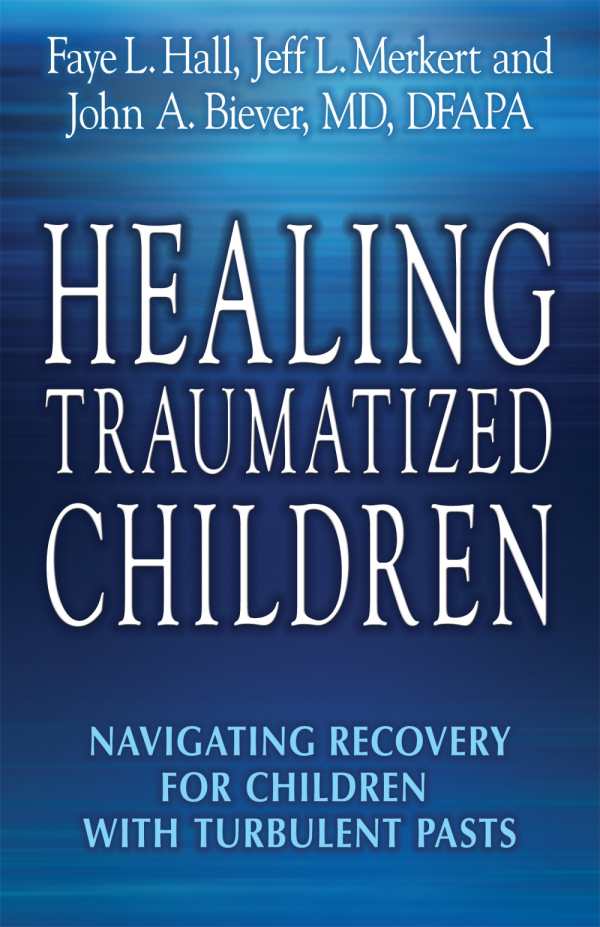
Healing Traumatized Children
Navigating Recovery for Children with Turbulent Pasts
Clear language and thorough explanations make this book widely accessible, especially for the adoptive and foster parents of traumatized children.
Children who experience abuse, neglect, or other traumas during their formative years often develop relational problems. Coauthors Faye L. Hall, Jeff L. Merkert, and John A Biever thoroughly explain the root of these difficulties and the nonobvious path to improvement in Healing Traumatized Children: Navigating Recovery for Children with Turbulent Pasts.
According to the authors, children raised in negative environments develop distorted thought patterns, skewing their behaviors even after placement in healthy families. Parents who foster or adopt these children need to shift their perspective and alter their child-rearing habits since many standard parenting techniques trigger defensive reactions. The first three parts of the book explore the problem and appropriate responses, while the final two parts provide practical resources for involved parties.
Clear language and thorough explanations make this book widely accessible. While the authors have impressive professional credentials, they use minimal technical language and explain any that arises. Moreover, the book offers more than theory; handouts and worksheets in the back demonstrate how to put theory into action between caregivers and children, and sample letters give parents the ability to concisely summarize the matter to others within the child’s broader care team.
Examples distributed throughout the book illustrate the difficulties from multiple perspectives, making them invaluable components of the text. The authors provide four sample families, each with its own dynamics—for instance, Corey lives in a large and experienced foster family, while Sally lives with a single, childless mother. While each family faces different challenges from varying sources, the root of their difficulties and the path to healing all fit within the overall explanation provided by the authors. Additionally, Hall shares her true-life example, adding more clarity and an even greater level of credibility beyond the authors’ professional qualifications.
Hall, Merkert, and Biever explain a complex topic with enough depth and precision to clear the muddied waters. While this book could be particularly helpful for adoptive and foster parents of traumatized children, anyone involved with such children—therapists, teachers, extended family, friends—may gain insight from this resource.
Reviewed by
Caitlynn Lowe
Disclosure: This article is not an endorsement, but a review. The publisher of this book provided free copies of the book to have their book reviewed by a professional reviewer. No fee was paid by the publisher for this review. Foreword Reviews only recommends books that we love. Foreword Magazine, Inc. is disclosing this in accordance with the Federal Trade Commission’s 16 CFR, Part 255.
